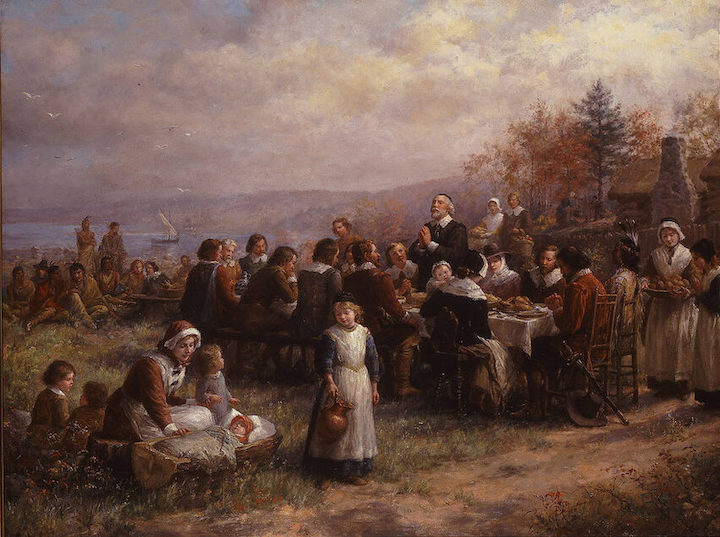If St. Francis had been sent to a Siberian labor camp, or to a leper colony, or to a Wall Street brokerage firm, would he be any less a St. Francis? But how many mortals there are in the world who are one kind of character in need, another kind of character in plenty, who grumble amidst the uncomfortable, and who become possessed by possessions.
St. Francis remains the same in all circumstances; the non-St. Francis types, like a chameleon, take on the color of the leaf on which they rest. Why the difference?
Because St. Francis is more free.
That seems at first far-fetched, but when is a man free? Negatively, he is free when he is not determined by outward circumstances, for example, when he is not in chains among prisoners, when he is not downcast with the despairing, when he is so far above environment as to be uninfluenced by it.
He does not revolve around the world; the world revolves about him. It does not make his moods; he is free from moods. St. Paul said that he was content whether he abounded or whether he was in want.
But whence comes this psychological independence of the external, of maintaining an even spirit in a world of constantly changing lights and shadows? It comes from dependence on God. In fact, every true Declaration of Independence is a Declaration of Dependence. . . .
The United States has been an arsenal of defense against aggression; a Samaritan helping nations to rehabilitate themselves in peace; a pantry to the hungry and starving world; and, under Providence, the secondary cause for the preservation of the liberties of the free peoples of the world.
The moral and religious tone of our society has derived in part from our Declaration of Independence and our Constitution, which affirm: first, that rights and liberties are derived not from men or majorities, but from God and, therefore, are inalienable; second, because rights and liberties are God-given, citizens enjoy rights and liberties in addition to those given by the Constitution; third, the “people” and not the “masses” hold the title to civil power, which derives from God – the people being self-determined through conscience are opposite to the “masses,” who are other-determined or dictator ruled.

Despite our rich national moral background, serious-minded citizens are concerned lest, like prodigal sons, we waste our spiritual inheritance through a decline in moral responsibility. Such a decay is due to two causes: first, forgetfulness that man must one day render an account of his stewardship before the Eternal Judge; second, selfishness – a man cares most for those things to which he is bound organically, as he cares more for his head than his hat.
As he becomes egotistic and separated from all organic bonds and social functions, such as Church, his country and his family, his sense of responsibility declines.
The consequences are many:
1. As persons surrender a sense of responsibility to God, to the state, to family and to their vocation in life, they dissolve into atoms; atoms exist only for themselves. To say we live in the atomic age may be a more unfortunate characterization than we know; for if we are nothing but atomic individuals, then we are ready either to be split or fissioned mentally, or else collectivized into a socialistic dictatorship. The latter is nothing but the forcible organization of the chaos created by a conflict of individual egotisms.
2. Once God and the moral law and conscience are exiled, then there is no standard outside of the crisis itself by which the crisis can be judged; no standard of time by which to set our watches, no score of music by which to distinguish our harmonies and discords.
3. Then science is left without a world of values, purposes, choices, ideals. The scientist himself, who is always a mind outside the facts he studies, is left without an explanation for all his descriptions. He is also without truth which he is always seeking in his experiments and which he knows exists and endures, even if the human race should go down to extinction.
4. Then education trains only half a man, developing his intellect, but not his will; his mind, but not his character; it gives him knowledge of facts, but gives him no purpose or destiny.
5. Finally, when Divine Truth is denied, there is no final determinant of truth except power, which has already enslaved one-third of the world.
– from Guide to Contentment
*Image: Thanksgiving at Plymouth by Jennie Augusta Brownscombe, 1925 [National Museum of Women in the Arts, Washington, DC]















